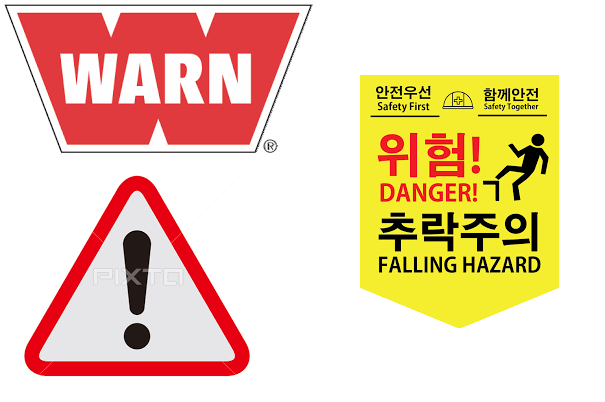A
Study these examples:
- I phoned the restaurant to reserve a table.
- What do you need to make bread?
- We shouted to warn everybody of the danger.
- This letter is to confirm the decisions we made at our meeting last week.
- The president has a team of bodyguards to protect him.
In these examples to ... (to reserve ... / to make ... etc.) tells us the purpose of something: why somebody does something, has something, needs something etc. or why something exists.
B
We say 'a place to park', 'something to eat', 'work to do' etc.:
- It's difficult to find a place to park in the centre. (= a place where you can park)
- Would you like something to eat? (= something that you can eat)
- Do you have much work to do? (= work that you must do)
- I get lonely if there's nobody to talk to.
- I need something to open this bottle with.
Also money/time/chance/opportunity/energy/courage (etc.) to do something:
- They gave us money to buy food.
- Do you have much opportunity to practise your English?
- I need a few days to think about your proposal.
C
Compare for ... and to ... :
| for + noun | to + verb |
| We stopped for petrol. | We stopped to get petrol. |
| I had to run for the bus. | I had to run to catch the bus. |
You can say 'for somebody to do something':
- There weren't any chairs for us to sit on, so we sat on the floor.
You can use for -ing or to ... to talk about the general purpose of something, or what it is generally used for:
- I use this brush for washing the dishes. or ... to wash the dishes.
But we do not use for -ing to say why somebody does something:
- I went into the kitchen to wash the dishes. (not
for washing)
You can use What ... for? to ask about purpose:
- What is this switch for?
- What did you do that for?
D
So that
We use so that (not to ... ) especially
when the purpose is negative (so that ... won't/wouldn't):
- I hurried so that I wouldn't be late. (= because I didn't want to be late)
- Eat something now so that you won't (or don't) get hungry later.
with can and could (so that ... can/could):
- She's learning English so that she can study in Canada.
- We moved to London so that we could see our friends more often.
You can leave out that. So you can say:
- I hurried so that I wouldn't be late. or I hurried so I wouldn't be late.
※ warn :

- warn somebody // I tried to warn him, but he wouldn't listen.
- warn about/against somebody/something // Security experts warned about the problems months ago.
- warn somebody about/against somebody/something // He warned us against pickpockets.
- warn of something // Police have warned of possible delays.
- warn somebody of something // Officials warned the pilot of an anonymous threat.
- warn that… // Aid agencies have repeatedly warned that a humanitarian catastrophe is imminent.
- warn somebody that… // She was warned that if she did it again she would lose her job.
- warn somebody what, how, etc… // I had been warned what to expect.
- warn against/about (doing) something // The guidebook warns against walking alone at night.
- warn somebody against/about (doing) something // He hit the other child, despite being warned about the consequences of such behaviour.
- warn somebody to do something // He warned Billy to keep away from his daughter.
(참고)
humanitarian : (humanity : 인류, 인간성) + (-arian) 인도주의적인
catastrophe (=disaster)
'English Grammar in Use > Unit' 카테고리의 다른 글
| 066 : to … (afraid to do) and preposition + -ing (afraid of -ing) (1) | 2021.10.26 |
|---|---|
| 065 : Adjective + to … (0) | 2021.10.26 |
| 063 : there’s no point in -ing, it’s worth -ing etc. (0) | 2021.10.25 |
| 062 : Verb + preposition + -ing (succeed in -ing / insist on -ing etc.) (1) | 2021.10.25 |
| 061 be/get used to … (I’m used to …) (0) | 2021.10.25 |
